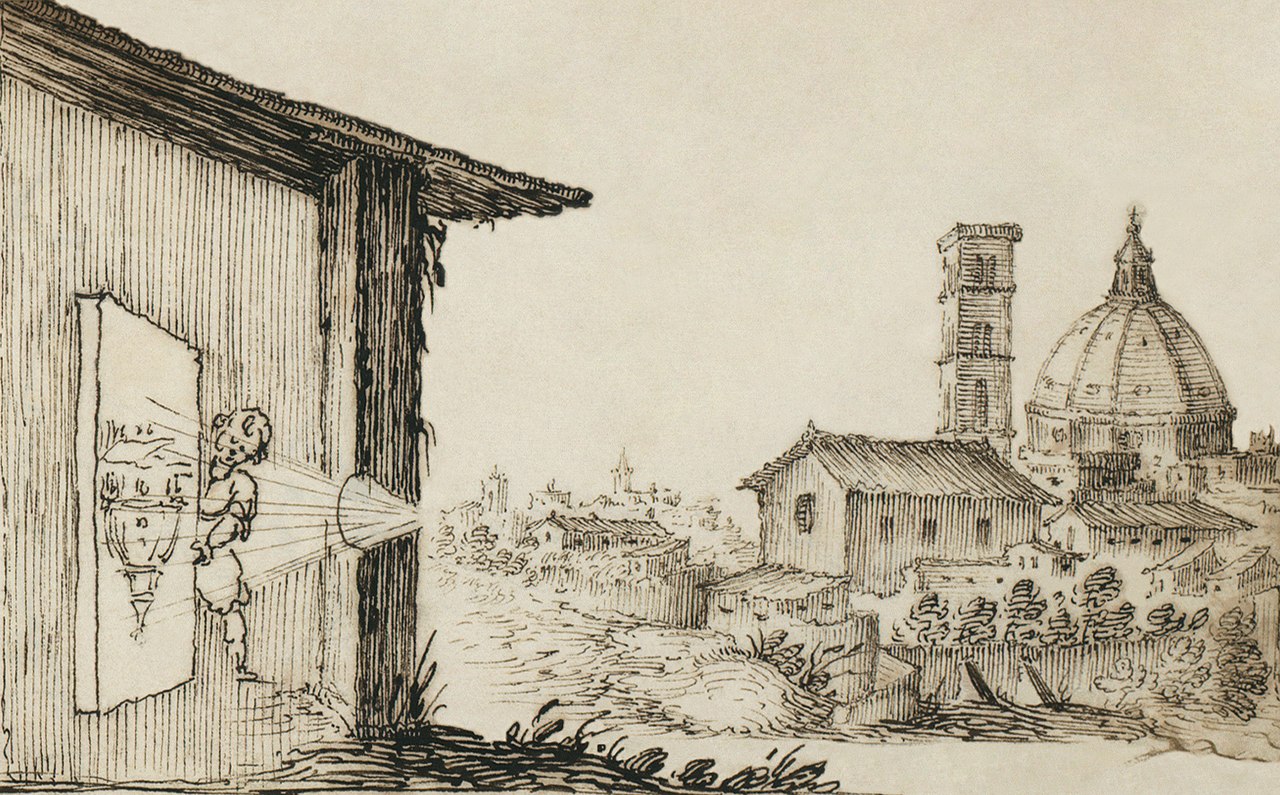Among academics, it's quite uncool to blame criminals for crime or give police credit for crime prevention. But then how many statisticians who use the UCR Homicide Supplement can point to a specific row and say, "Yeah, I handled that one.".... How many Harvard PhD students have the intimate experience of sorted through a victims' clothes? Clothes that are literally dripping with blood and yet still reeking of body odor. You're trying to go through everything, looking for pockets, for any sign of identification of the life that used to be. And then there are the death notifications.The piece is dripping with the kind of heartfelt, front-line experience that is crucial to our understanding of the intersection between poverty/race/violence/etc. and our public debate. I was a teacher for years at poor schools, and this was exactly how I felt when I heard the education "conversation". It was always missing the kind of nuanced picture of what life is actually like for the families and teachers who actually worked together day in and day out.
I ended up leaving, and am now a behavioral analyst working with many of the same populations (yet with a vastly more effective set of interventions, but that's another story). I left teaching disillusioned and frustrated. In the liberal studies courses I had taken I had been led to believe that a good, loving, non-prejudiced teacher with high expectations was all that was needed to turn these kid's lives around - Stand and Deliver was so inspiring! The only real problem was racism and teachers who didn't care! Yet the reality is so much more complex. The disadvantage in the lives of vast numbers of kids leave them with severe cognitive and emotional - not to mention academic - deficits that grade-level placement in standard coursework becomes increasingly absurd. And in a classroom of 30 kids, the majority of whom have little regard for a grade, refuse to do homework, and calls home are received by parents who have zero control over their children, the situation is a recipe for failure for all but the most miraculous of teachers. These students have already been removed from the upper-level courses (those, by the way, that Escalante taught), and generally get warehoused in the lower-levels.
When a kid curses at the teacher, hits or pushes another student, throws things at them, or consistently disrupts class, there must be consequences, and repeated consequences must increase in severity. These students, by definition, are the most disadvantaged students: this behavior is a result of their environments. And they are far more likely to be poor and minority. Yet what you hear in the public conversation is that either the teachers are biased and picking on minorities (the left), or that minorities have gotten themselves into this bad situation and need to get themselves out without intervention (the right).
There is an element of truth to both of these perspectives. In all honestly, towards the end I did find myself almost expecting minority students to be more likely to cause trouble - I did my best to check this regularly, many teachers would not. But both perspectives miss the larger social picture, which isn't about blame, but about what are the actual causes of the problems, and at least point us to what interventions might be appropriate.
I won't pretend that simply being there on the front lines: that working and talking to the families and kids on a daily basis is somehow enough for one to understand the problem. It probably is as likely to lead you draw incorrect conclusions. But it is however, essential to the discourse. When we talk about schools, teachers and kids, we need to have an intimate understanding of what these relationships look like. They will both disabuse us of faulty assumptions, as well as grant us special insights into the particular difficulties these complex social relationships present.
So my point is not that the problem is hopeless. I have plenty of ideas about what we can do. But rather, that the "conversation" we have is abstracted, removed from the front lines, and burdened by theoretical and ideological baggage that is insulated from reality.
This post illustrates this phenomenon beautifully. Not in education, but in policing, where a larger "conversation" is also occurring, yet which too often feels like it is only coming from a ridiculous pro-police versus anti-police perspective, where there are only good guys versus bad-guys. The reality is that there are only people doing what they know how to do. There are innocent minorities being unfairly treated, as well as those who are acting poorly and need to be dealt with in an aggressive manner. There are police who are being prudent, there are police who are being hot-headed and callous. There is also a larger system in which babies are born into extreme disadvantage, and will grow up to act terribly. We as a society need to find a way to deal with them respectfully but firmly, all the while searching for ways to improve our system so that more babies aren't disadvantaged, and so fewer police will be required to navigate such dysfunctional communities.
Ultimately, what saddens me most is also what comes across in Moskos' piece: when we fail to properly identify the problem, we are failing the actual victims. In his case, the victims of crime, or in my case, the students themselves. But the victims are also all of those affected by dysfunctional behavior - from those whose lives they burden, to the perpetrators themselves who could have been more.

No comments:
Post a Comment